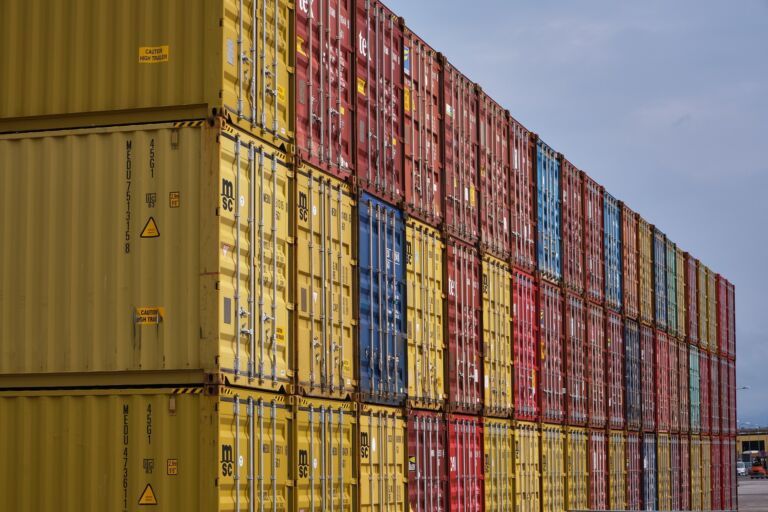One of the great myths bought into by much of the general public, politicians, and media pundits is that trade deficits are bad for the economy. The idea dates back to the pre-Adam Smith (1776) days of mercantilism and is ultimately based on the notion that it is better for an economy to have money—under mercantilism gold—than stuff, i.e., usable goods and services. This is why one often hears pundits worrying out loud about money “leaving the economy” for other countries, as if some foreigners were just flying over the U.S. with giant vacuum cleaners sucking cash out our wallets, piggy banks, and safe deposit boxes. The unstated flip side of this unfounded worry is that, as money flows out, the goods and services that we want and use flow in.
The most recent manifestation of this is the handwringing coming from the White House and various pundits over the $60-billion-dollar trade deficit that the United States has with Mexico. Allegedly, this is evidence that our southern neighbor is “taking advantage of us.”
All of this stems from a profound misunderstanding of what trade is all about and why the word “deficit” has no relevance to economic well-being. In the first instance, if a trade is undertaken freely, then both parties benefit. That is why the trade is made. The fact that the two people making the trade live, or are doing business, on opposite sides of a political border does not change that fact. Neither party to the exchange experiences a deficit in any meaningful sense of the word. It is not like a budget deficit. At the end of the trade, neither party is indebted to the other.
Both parties are actually experiencing a surplus, that is, they are both better off than before making the exchange. They value what they are getting more than what they are giving up. The exchange doesn’t generate a deficit for one side and a surplus for the other but a surplus for both sides. Economist explicitly recognize this when they describe the result of free exchange as generating both consumer surplus and producer surplus. Again, the fact that the traders happen to live on opposite sides of a politically-determined international border doesn’t change this and neither does aggregating all of the trades being made across these borders. With trade, the “surplus” on both sides of the border and the welfare of both countries is enhanced, regardless of which one is doing the selling and which is doing the buying.
Let’s examine the U.S.’s $60 billion deficit with Mexico. Assuming that none of that $60 billion is the result of coercion, that is, every American making those expenditures on goods produced in Mexico is doing so freely, then what this number implies is that American consumers, who are giving up $60 billion dollars to producers in Mexico are receiving more than $60 billion dollars in value in return. The reason for this is that every one of those dollars spent by consumers is done so for one reason – they value the product they are purchasing more than the dollar they are giving up for it. In other words, while we may be running a trade deficit in terms of dollar outflow to Mexico, as implied by the previous analysis, we are running a trade surplus in terms of the value of goods and services we are receiving, and that is what is important to our well-being.
This is the purpose of wanting dollars in the first place. They have no intrinsic value beyond the paper they are printed on (unless you choose to appreciate the artistic representations of a president/Founding Father on the front and a landmark on the back). Ultimately, we want to dispose of those dollars in exchange for the goods and services that we really want. And we are happy when people, regardless of their nationality, willingly take them off our hands in exchange for those goods and services. Indeed, the reasons why most of us want dollars in the first place is so we can go out and run a trade deficit with our local Food Lion or Best Buy.
The word “deficit” gets in the way of a true understanding of trade relationships. Because of the term’s negative connotations, it leads us to lose sight of the fact that trade is win-win. It puts a focus on one side of trading process implying that those who receive the money in a trade agreement are beneficiaries while those who who receive the goods and services are somehow getting the short end of the stick.
The point here is not to argue, contrary to the standard view, that trade deficits are good and trade surpluses are bad. Instead, it is to make the point that that the entire taxonomy is meaningless and actually conveys nothing about what is good or bad for any economy. Properly conceived, there are no deficits when it comes to free trade, only surpluses. As such, any reference to trade deficits as being bad for a country betrays a fundamental ignorance of the nature of trade.


